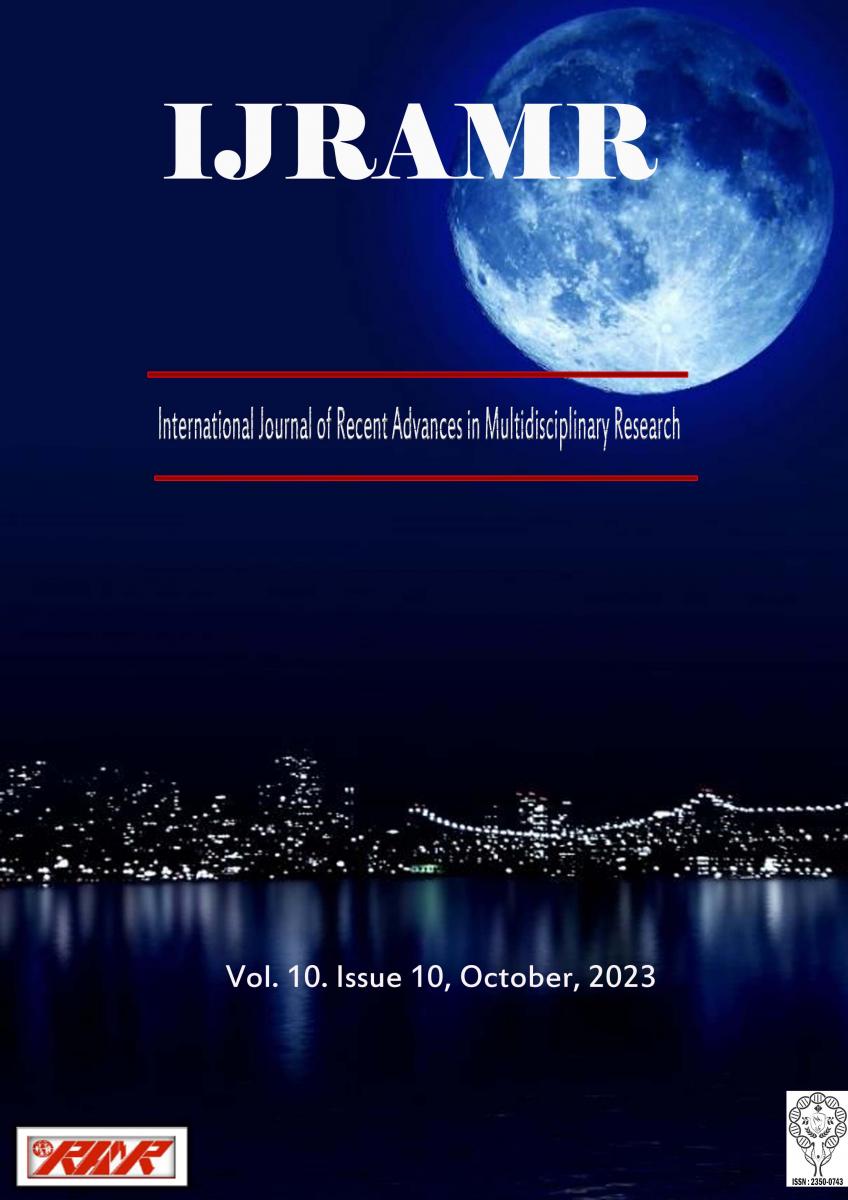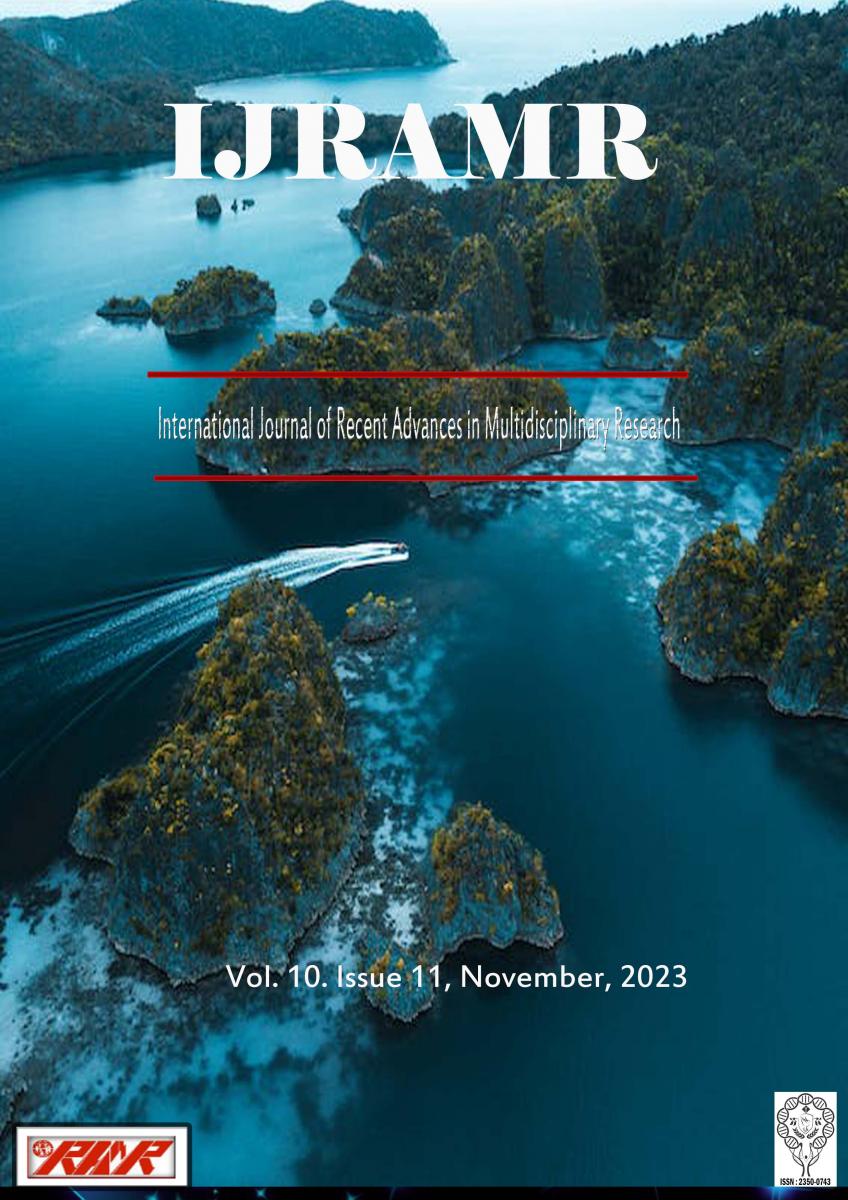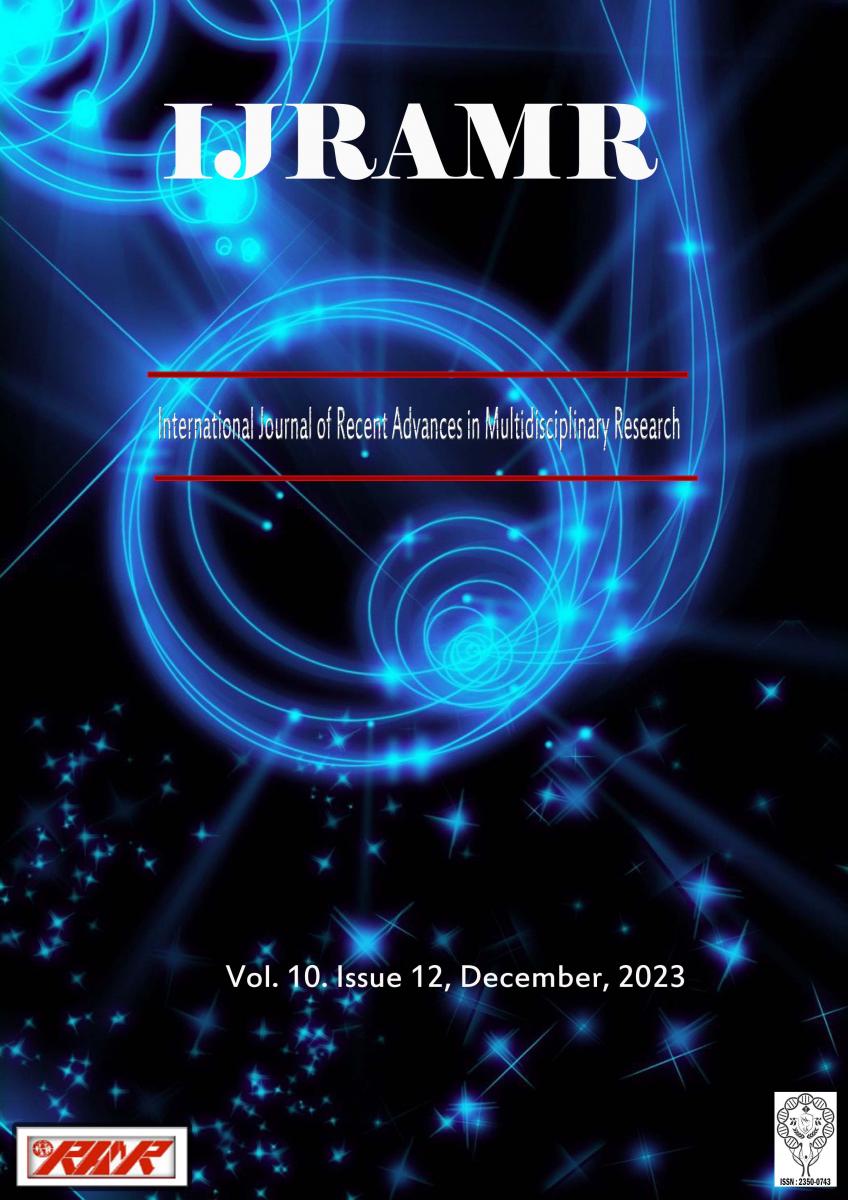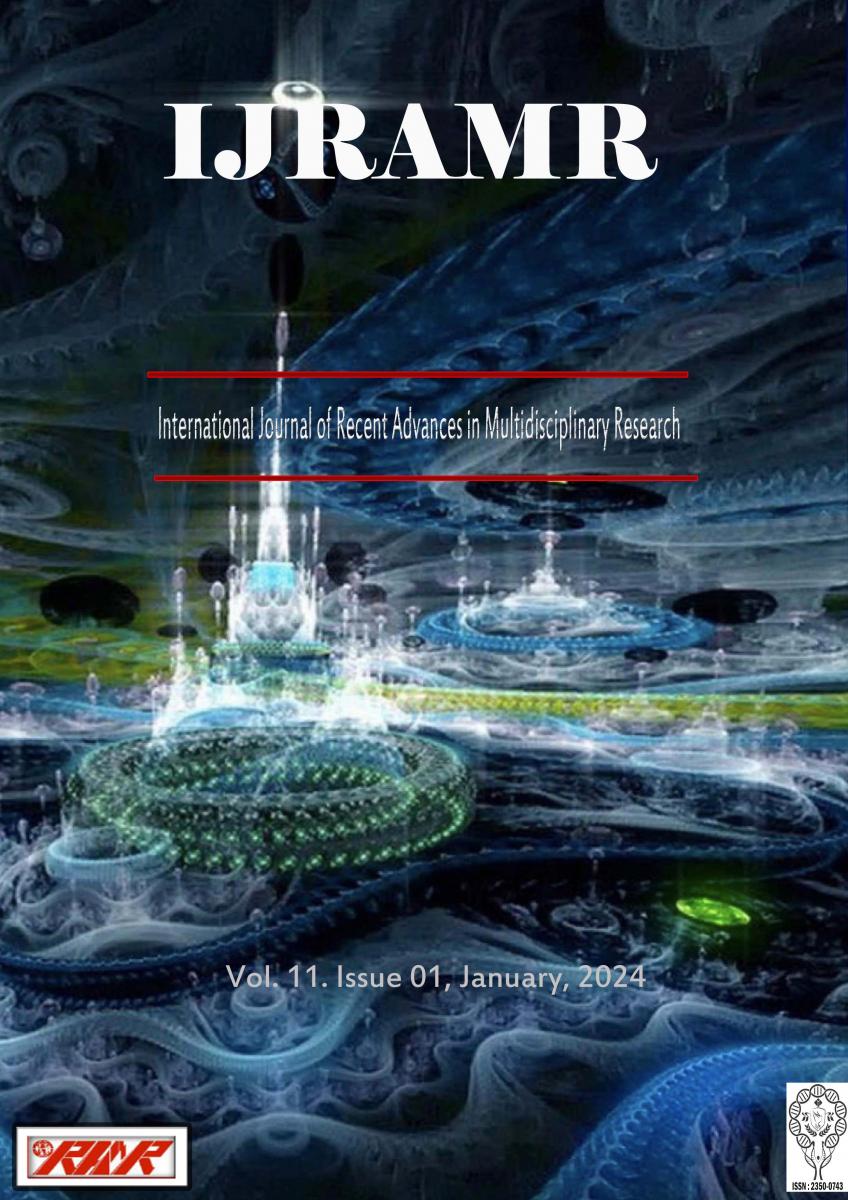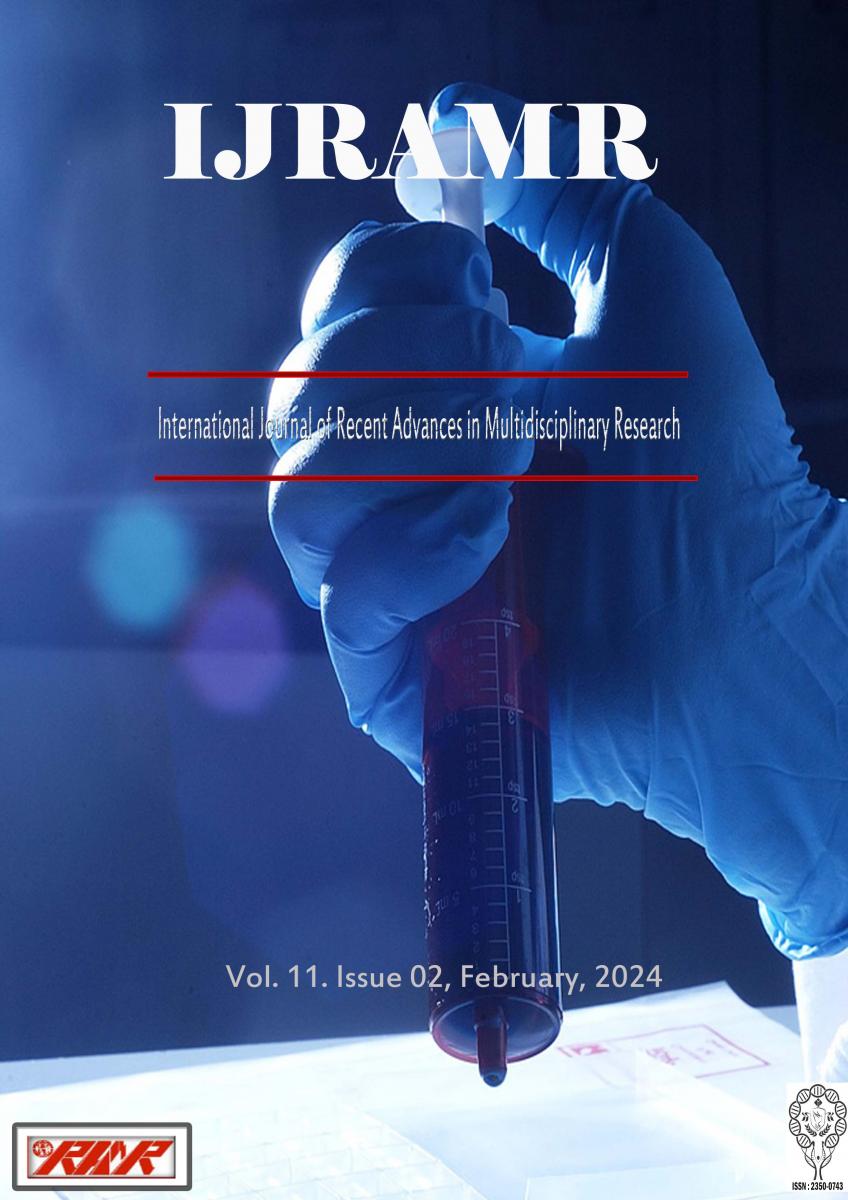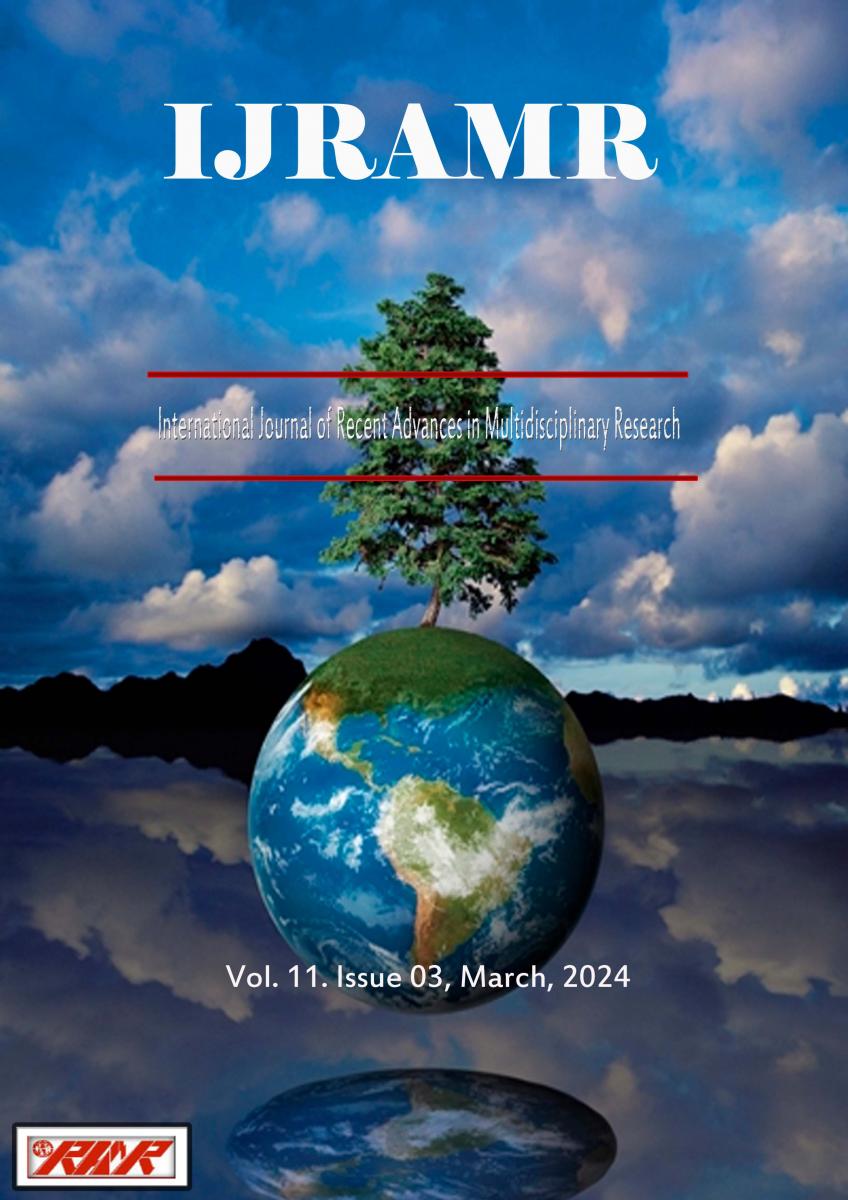Background: There is few researched knowledge on the tangible socio-economic impact of Internal Savings and Lending Schemes (ISALS) on women in Zimbabwe. This study which was informed by the African Feminist Theory, is expected to add to the body of knowledge through examining the tangible-socio-economic life changing stories in women participating in ISALS in Mt Darwin District of Zimbabwe. As such, it sought answers to the following question; What are the tangible socio-economic changes in women that have been brought about by their participation in ISALS in Mt Darwin District? The findings might be helpful to inform the Government and development agencies on what to adopt, modify or improve in terms of the ISALS methodology/model for the betterment of the rural poor women. Materials and Methods: In this qualitative study, a Purposive Sampling was used to select 10 highly performing ISALS out of 18 of them in 10 sampled wards in Mt Darwin District. This aforesaid sampling method was further employed to select 24 information-rich chairpersons, secretaries and other ISALS leaders, and representatives from the Ministry of Women Affairs, Community, Small and Medium Enterprises Development, Political, Administrative Leadership and Non-Governmental Organisations. The same sampling method was also used to select participants for Focus Group Discussions. A Thematic approach was used in data analysis. Results:The findings showed that women in ISALS had managed to build modern standard houses, own near cash-assets such as goats, chickens and cows, others had income generating projects such as peanut butter and oil pressing machines, grinding mills and maputi (popcorn) guns while others had taken leadership roles in their communities which enhanced their social status. The majority had managed to send their children to school and were able to meet basic requirements such as tuition fees, uniforms and stationery. All ISALS groups had savings of between US$500 and US$6000 which were kept by the treasurers and in rare cases by secretaries. With regards to the above savings, it was recommended that those ISALS with savings above two thousand United States Dollars should consider graduating into Savings and Credit Cooperative Societies (SACCOS) which highly enhance sustainability. Conclusion: The study established that most of the findings were in tandem with the few studies conducted in Zimbabwe and quite a number in other African countries and beyond. The study revealed that, with appropriate business and financial training and supportive policies, ISALS can empower women, transform their homes, improve and sustain household welfare and incomes. As such, the study concludes that ISALS are a potent mechanism/model for addressing the tangible socio-economic marginalisation of women in Mt Darwin. Resultantly, ISALS have been transforming women’s lives socially and economically.
